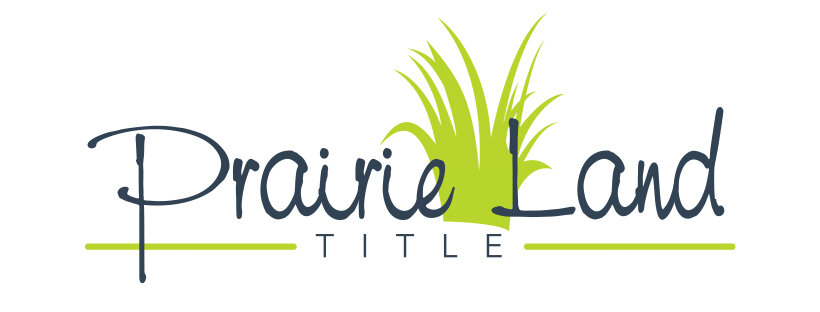Protect Yourself from Deed Theft
/Deed Theft
Is it possible to have your title or deed stolen? Can a stolen deed be used as collateral to get a loan? Could this strip all the equity from a home? Can this happen without the homeowner’s knowledge?
Those are concerning questions. And there’s a lot of misinformation in the media about this very topic. Let’s take a closer look at this issue.
What is deed theft?
Deed theft occurs when someone takes the title to someone’s home. It occurs without the homeowner’s knowledge or approval.
Two of the most common ways scammers steal deeds are:
Forgery, where the scammer fakes the homeowner’s signature on a deed and files it with the county clerk.
Fraud, where the homeowner signs the deed over to the scammer. They do this without realizing what they are really signing. You might wonder why someone would do this? Keep reading.
How to Protect Your Home
Tips for all homeowners:
Beware of guarantees or promises. Don't trust a company or individual that “guarantees” or “promises” a certain outcome.
Legitimate organizations and individuals can only promise to work hard for you. They cannot guarantee results. This is especially true if you are promised a certain outcome from the transaction.
Avoid paying upfront fees. It’s almost always illegal to ask for upfront fees for a loan modification. If you’re asked to pay for services upfront, be suspicious.
Never transfer ownership of your property. Never turn over your deed or transfer ownership of your home to any company. A trustworthy organization or individual will not ask you to transfer your deed to them.
Always buy title insurance when purchasing real estate. Title insurance provides the insured and their heirs protection against fraud. This insurance covers fraud that happened before the house was purchased. Title insurance companies examine the chain of title for any irregularities. They track the county records to find this information. Title insurance is the best way for homebuyers to protect their investment.
You can also choose to track your deed records held with the county. If you find suspicious activity, notify law enforcement.
If a forged deed is recorded in the county, the homeowner still owns their home. Even if a scammer takes out a loan secured by the property, the homeowner is not the victim. The lender is the victim in this scenario. Since the scammer did not own the property, the lender has no legal claim. If the scammer fails to repay the loan, the lender cannot foreclose on the property.
Lenders protect themselves by requiring the borrower to buy lender’s insurance. This is completed as part of the closing process. When lenders suffer a loss due to a forgery, they file a claim under their policy.
As you can see, it’s necessary to take several steps to protect oneself from fraudulent activity. Prairie Land Title specializes in protecting its clients from this type of activity. We are here to ensure that your home closing goes as smoothly as possible.
If you have questions or concerns about your deed or deed theft, please give us a call. We are here to serve you.

